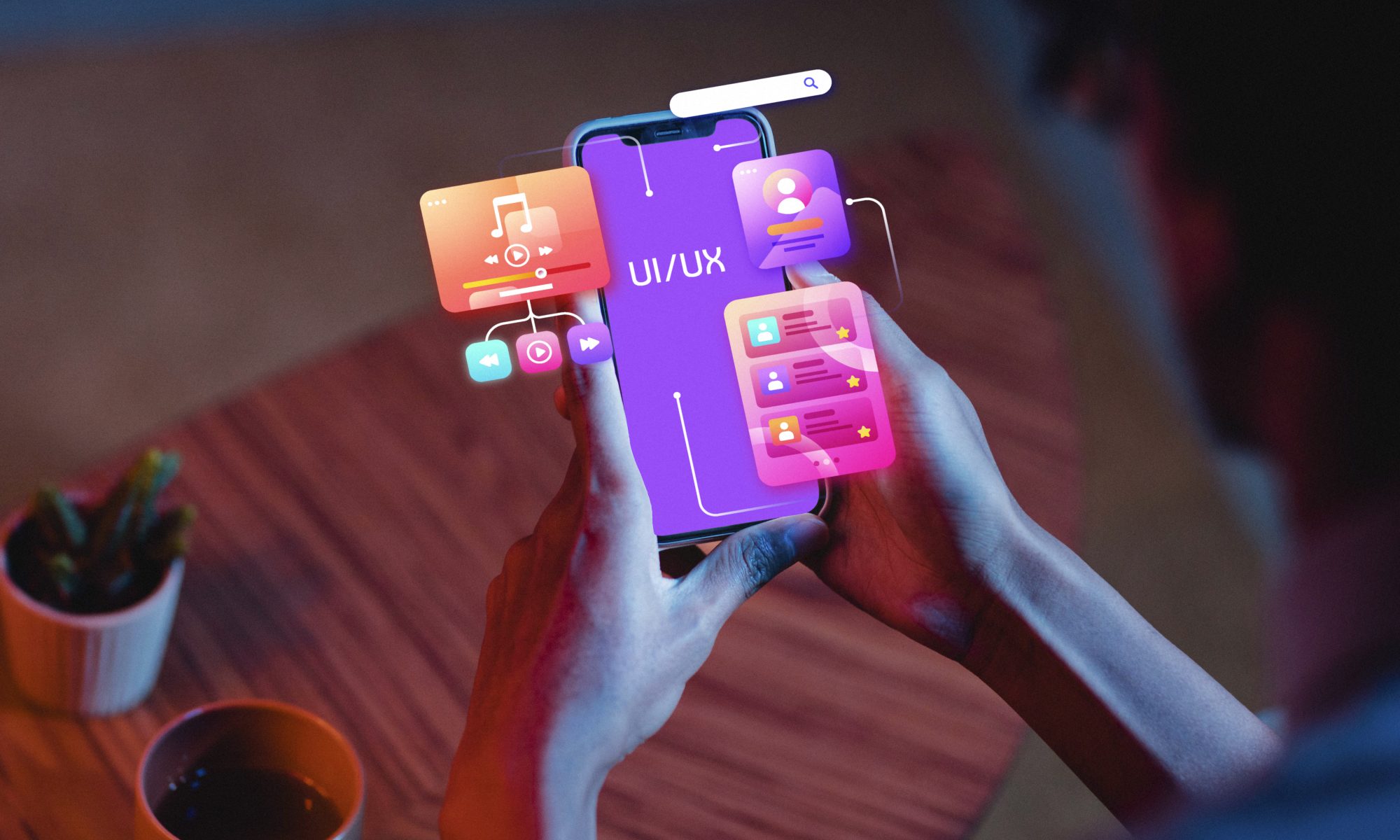In 2025, every mobile app development company in Mumbai must focus on modern UI/UX design trends to stay ahead of the competition. As user expectations evolve, design is becoming the deciding factor in how apps engage and retain audiences.
Why UI/UX Can’t Be an Afterthought
Let’s be real—users expect more now. If your app looks clunky or feels confusing, they’ll leave. Simple as that. Developers and agencies in Mumbai know that clean interfaces and smooth experiences are what keep people coming back.
Good design means users stick around, talk about your app, and actually do what you want them to do—whether that’s making a purchase or just coming back for more. In 2025, everyone’s talking about personalization, accessibility, and experiences that pull you in.
- Hyper-Personalization with AI and Data
People want apps to feel like they “get” them. The top companies in Mumbai are already using AI to serve up custom recommendations, adapt layouts on the fly, and even predict what users want next. This isn’t just a gimmick—it actually gets people more involved and keeps them loyal.
Think about e-commerce: AI tracks what people browse and buy, then tweaks the shopping experience for each user.
- Minimalist, Functional Design
Nobody has time for clutter. More Mumbai app developers are going minimalist—think simple colors, clean icons, lots of breathing room. It’s about making things easy to read and use.
But don’t strip away the soul. A good minimalist design still feels like your brand, just without the noise.
- Micro-Interactions That Make Apps Feel Alive
Little details matter. Tiny animations, quick button feedback, and subtle effects help users know the app is responding. Teams that add these micro-interactions make their apps feel more fun, lively, and easy to use, not just functional.
- Voice and Gesture Navigation
Touch isn’t everything anymore. With smart devices everywhere, people are starting to expect voice commands and gesture controls. Forward-looking Mumbai developers are testing out voice interfaces and gesture navigation to make apps more accessible and hands-free.
- Inclusive and Accessible Design
Accessibility isn’t a nice-to-have—it’s a must. Apps need to work for everyone, including users with disabilities. The best agencies in Mumbai follow WCAG guidelines, build in screen reader support, and pick color schemes that everyone can see.
- Immersive AR and VR Experiences
AR and VR aren’t just buzzwords—they’re changing how people shop, learn, and play. More Mumbai app companies are rolling out AR previews for products, virtual tours, and even games that use real-world environments. It’s all about keeping users deeply engaged.
- Sustainable, Energy-Smart Apps
Eco-friendly design is catching on. Lightweight apps that use less data and battery are getting more popular, especially with users who care about the environment. Smart design choices here don’t just help the planet—they improve speed and performance, too.
Looking Ahead: Where App Design Is Headed
In 2025, it’s all about apps that feel personal, work for everyone, and don’t waste resources. Whether you’re a big development company or a solo coder in Mumbai, these UI/UX trends are your roadmap to building apps that people actually love—and keep using.




